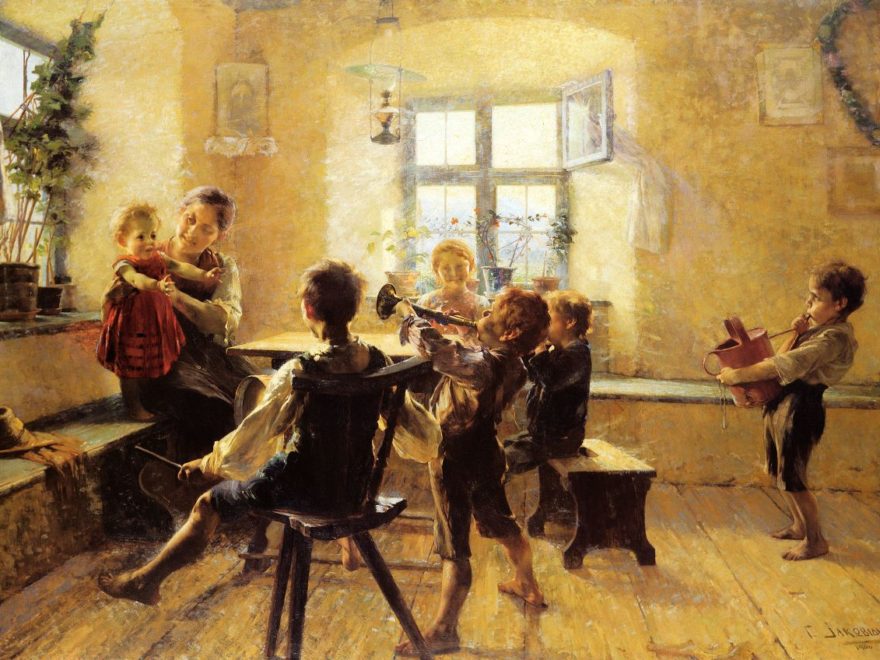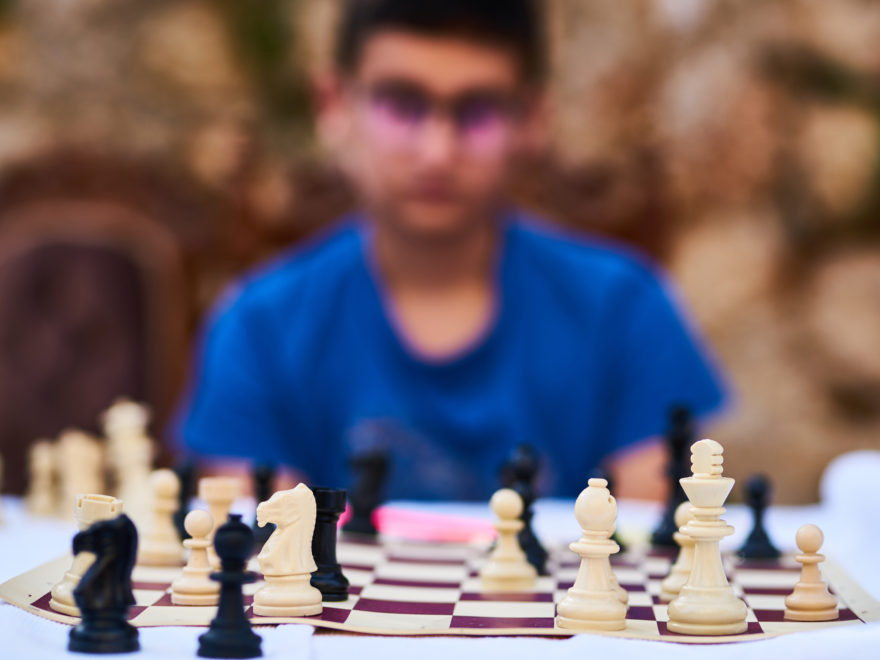Author: Patrick Egan
-

Training the Prophetic Voice, Part 3: The Schools of the Prophets
In my previous two articles on training the prophetic voice, I laid some groundwork by establishing first that our understanding of prophecy (truth telling) is grounded in the character of God as a truth-telling God, and second that the kind of truth we are talking about is of a moral nature when we are considering…
-

Training the Prophetic Voice, Part 2: Speaking Truth to Power
Among the primary aims of our educational movement is to train our students in the art of rhetoric so that they can contribute meaningfully to the major cultural debates of our society. Enacting real and lasting change occurs as people dare to promote and defend what is true, good and beautiful in a world that…
-

Training the Prophetic Voice, Part 1: The Educational Heart of God
The God we worship and serve is an educating God. Our God has chosen to reveal himself to those whom he has created. God’s verbal communication with his creation is expressed in the opening of John’s gospel, “In the beginning was the Word.” Our God is a speaking God, which means he is continuously teaching…
-

Class of 2020: The Next Greatest Generation
The class of 2020 has felt the full force of the disruption caused by the Coronavirus. Graduation ceremonies have been cancelled, postponed or held virtually online. Nothing about the spring of senior year went according to plan for the class of 2020. It has been described as catastrophic and traumatic by students, parents and teachers.…
-

Summer Conference Edition
Welcome Summer Conference Attendees to Educational Renaissance It’s a busy summer . . . of staying home. In previous years you may have traveled to take in several of the summer conferences that are part of our classical Christian schooling movement. This summer everyone’s staying home and attending conferences virtually. Many of you will have…
-

Summertime, and the Learning is Easy
Summertime has arrived. Gershwin’s song from Porgy and Bess is clearly on my mind, if you caught the allusion in my title. If you have a moment, watch Ella Fitzgerald’s soulful performance of “Summertime, and the Livin’ is Easy” in Berlin during the summer of 1968. You could listen to any number of recordings, but…
-

Habit Training during Online Distance Learning
Everything changed a couple months ago when school went online. At-home learning has caused every school to attempt schooling in new and creative ways. We can also get creative about habit training during online distance learning. I shared my new eBook on habit training in the classroom about a month before we stopped meeting in…
-

Education is Life: A Philosophy on Education
The study of education is the study of life. At least that’s the way it should be. Too often educational thought seeks precision in the use of the techniques and technology brought into the classroom. Have one’s lesson plans fully articulated all of the learning objectives spelled out in the curriculum? What is the new…
-

The Black Death and an Educational Renaissance
An infectious disease causes a pandemic that decimates the major urban centers in northern Italy. Doctors are recognized by their masks. The economy is disrupted through the loss of a workforce. The social order is overturned. Many turn to religion as a response to the pandemic, yet dogmatic norms are questioned. The pope issues indulgences…
-

The Art of Learning: Four Principles from Josh Waitzkin’s Book
My mother-in-law feeds my addiction to books. For over a decade she has worked at a used bookstore, and often shows up at family events with a stack of books for me to add to my personal library. She now also supplies my friends and my school. Jason was recently the beneficiary of her generosity,…
